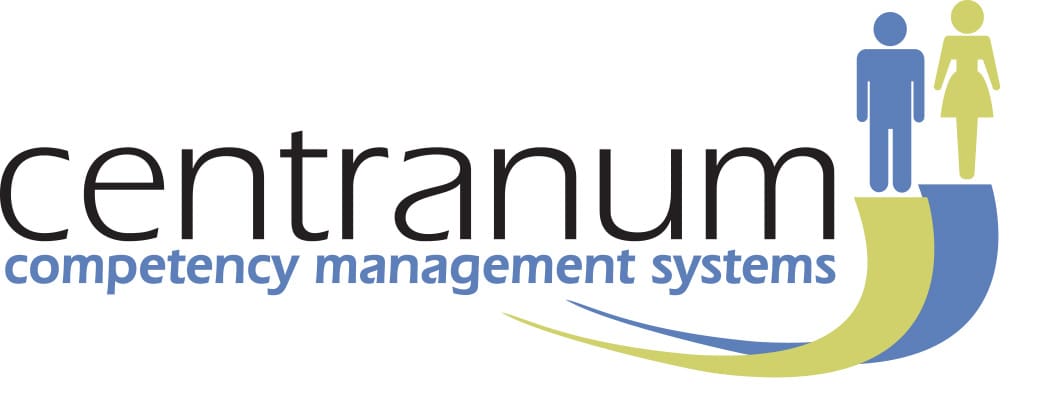Latest updates

Skills Shortages 2024
Learn the areas of greatest shortages by region and role. The various types of shortage and the reasons behind them. Review the impact on organizations and what can be done to remain competitive, as well as key skills for the 4th industrial revolution. Read the report or Download
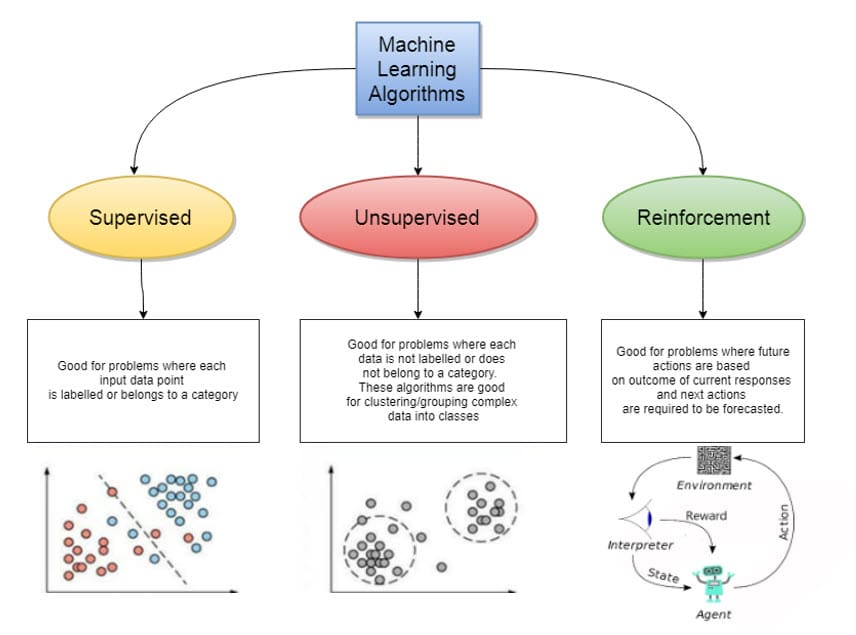
Using AI in Talent Management – key questions for 2024
The use of AI in Talent Management continues to be heavily promoted and claimed to assist in;
- Assessing staff skills and suitability for hiring and promotion
- Creating individualised training programmes to improve productivity.
- Career Development
- Analysing employee sentiment for engagement and retention rate improvement
- Automating HR administrative processes
These systems are driving important decisions about people that affect lives and organizational success. It is
imperative that we understand what they are, how they work, the very many risks associated with them, and
their potential benefits.

AI in Talent Management – Perils and Positives
AI is the next thing in Talent Management. Many claims are made but can AI based software really deliver? Some experts claim it’s just another Snake Oil.
We answer the questions
– What is AI?
-What is meant by an algorithm?
– How AI is being used in Talent decisions and what research supports this use.
– What are the risks?
– What are the positives?
– Is AI better than traditional analytical methods? Read More
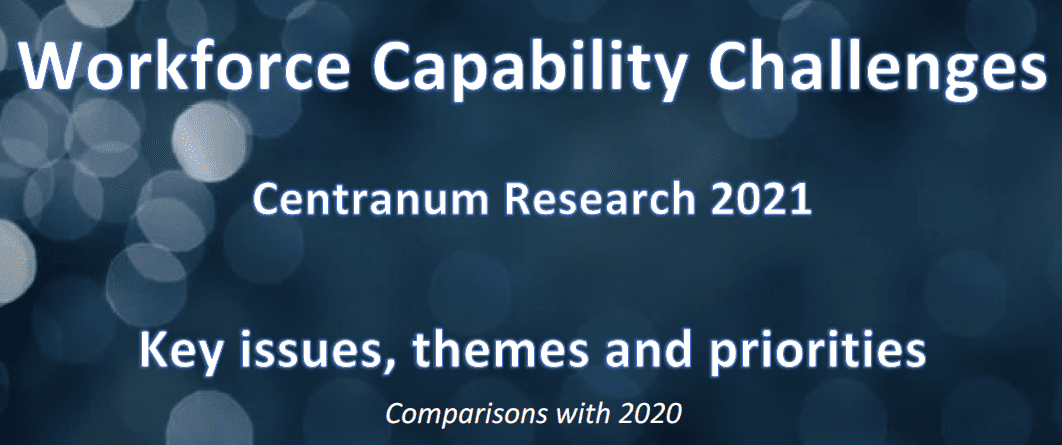
Workforce Capability Challenges Update
A continuing increase in those reporting challenges with aspects of capability and competency, with the exception of core competencies. A continuing reduction in the number of challenges related to performance management. Slightly fewer challenges related to culture and strategic HR.
A marked increase in those facing challenges of staff retention and engagement. More of a focus on the challenges of career development and succession. Read More

Workforce Capability Challenge Research 2020
Part 2 of our 2020 research into Workforce Capability Challenges covers the second part of the year. Visitors to our web site reported their one key challenge. Since visitors were browsing our information resources most challenges are reported in the context of Capability/Competency Management.
We look at the impact of the Covid pandemic. Overall, reported challenges have become more practical and less aspirational. There is a noticeable trend for more interest in competency as a means to performance improvement. Read More

Remote Working Latest Research
People have been working remotely for decades. Suddenly there is huge interest in remote working as a result of the pandemic.
In this article we take a deep dive into the historical data to see how prevalent remote working has been. We look at the kind of roles that most frequently work remotely, and how much time they spend doing that. We look at survey data of the benefits and the challenges experienced by remote workers and their employers.
In particular we look at whether working remotely affects productivity, including the impact of the work environment, tools and resources.
For all these factors we look at the impact of the pandemic and the likely effect on the future of remote work. Read More

HR Analytics – Big Data – June 2019
HR Analytics is being promoted as a MUST HAVE by software suppliers and consultants alike. We examine the scope, what is required for effective analysis, the current state of play in many organizations, the potential benefits, the effort required and last but not least what is the return on investment?

Healthcare Teams – latest research
A look at the latest research on healthcare teams. The nature of healthcare teams, their impact on patient outcomes and safety. We look at the major challenges and the lessons learned from other teams in other industries that operate in high stakes situations. We review the competencies recommended for healthcare teams, and also some of the structured communication tools that can help team operation.

CV Fraud
In the last 10-15 years the problem of inaccuracy in CVs has increased exponentially. Some sources claim that as many as 80% of CVs contain inaccuracies. The problem affects senior roles as well as lower level jobs. There have been recent high profile cases in government departments and corporates. Most inaccuracies are about employment history and educational qualifications, in roughly equal proportions.
Many organisations don’t do or have the resources for extensive background checking – but there are other solutions. Learn More

Performance Management is Broken – 8 reasons why
There are 8 key reasons why performance management systems are broken. In this article we set out what went wrong, why this happened and what can de done about it. Read More

Leadership Competency – Communication
Obviously communication is a core competency. Studies have found that 70-80% of a leader’s time is spent in communication, mainly with those who report to them.
Probably for this reason communication is a major predictor of leadership effectiveness. Research shows that the use of particular communication techniques can help build team performance and engagement.

Leadership Competency Development – what works – what doesn’t
Research update. A 2017 meta-analysis of over 300 studies on leadership competency development shows there is little evidence of positive impact of leadership competency development on organizational effectiveness. It highlights those approaches that work better, those that don’t work, and those that are still uncertain. A complementary study highlights the problems many organizations have in supporting learning transfer on the job. Read More

The Neuroscience of Leadership Competency Development
There is a strong trend to attach the term ‘neuro’ to articles, products and services in psychology and people management.
It is claimed that organizational behaviour, leadership, learning and development, can be better understood and improved using neuroscientific theory and methods.
How true is this? Read More

Research Updates-Dec 2017-Avoiding the Negatives
Negative Work Behaviors are voluntary behaviors that violate significant organisational norms and threaten the well-being of the organisation or its members.
There are many examples. Discover the most common, those with the most impact, and how to avoid them. Read More

Who is the Talent – What is Potential
Organizations need to ensure the sustainability of their workforce. So identifying “hi potentials” – those with the opportunity to advance – is an important HR practice.
However there is no common understanding of what it means to be “hi-po”. The common approach has tended to be the simplistic use of a “9 box grid” .
This article outlines the research on the concept of “potential” and sets out an evidence based model of selection criteria for “hi-potentials”
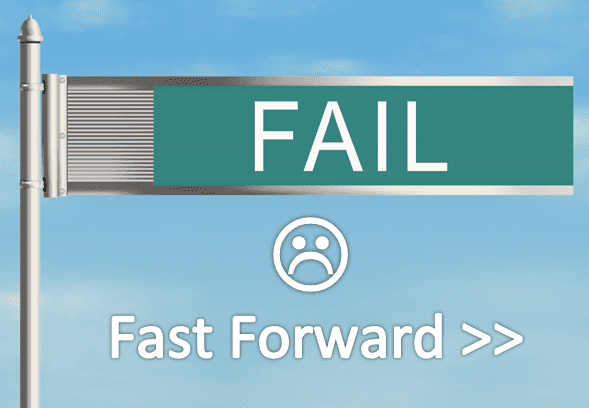
Why Talent Management Systems Fail 5 years on
A review of the trends in Talent Management Systems since 2010. We review the complaints, the wish lists of those looking for systems, and the reasons why, 5 years later, today’s systems still do not live up to their promise.
We outline the DNA for a Talent Management system that does deliver on the needs of organizations in a competitive and rapidly changing business environment.
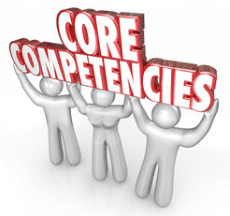
Core Competency Examples
Evidence based core competencies. Research shows positive impact on team and organizational effectiveness. Learn More
